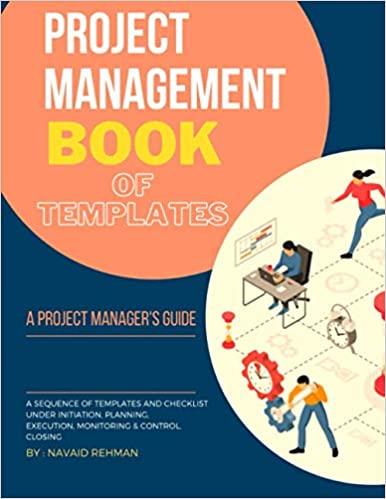Answered step by step
Verified Expert Solution
Question
1 Approved Answer
Baxter Healthcare The corporate technology sourcing ( CTS ) unit at Baxter operates in an Innovative and creatlve atmosphere, seeking a broad, diverse range of
Baxter Healthcare
The corporate technology sourcing CTS unit at Baxter operates in an Innovative and
creatlve atmosphere, seeking a broad, diverse range of inputs. The mission of the CTS
unit is to monitor new external technological developments and channel this infor
mation to the appropriate experts. The actual sourcing process is quite standard; the
company networks with contacts in companles, assoclations, universitles and search
services. CTS staff look for the unexpected and pass Information on to the techni
cal and marketing communitles. Often, the technical and marketing people can see
different opportunitles in the same Information. The services of the CTS unit include
responding to specific requests, focused technology sourcing, acting as a resource for
general technology scanning and generating unsolicited ideas.
The CTS unit considers that every speclalist is doing a competent job in sourcing
technology in their speclalty, but looks beyond these specific contributions to areas
that complement normal research efforts. This work requires people who love being
creative and who do not have a compelling need to be right all the time.
Baxter's technology sourcing trles to find unusual contacts. For example, the com
pany discovered that Leatherhead Food Research in Leatherhead, England, speclallsts
in food technology and food products, had developed a technology for measuring the
temperature of the raspberry filling inside angel cakes as they travel through a ft
long continuous oven. Baxter took this technology, modified it somewhat and now
uses it for continuous sterilization processes within the company.
Baxter's most dramatic success came in the s and involved the transfer of
Japanese vending machine technology to hospital pharmacy automation. The company
knew that hospital pharmacles were looking for a way to dispense regularly prescribed
medications accurately, without asking a fulltime pharmacist to do such a repetitive
task. Using highquality Japanese vending technology, Baxter was able to develop
automatic pharmacy machines that dispense customized medications according to
doctors' Instructions. Manufactured by Sanyo and sold by Baxter, these machines are
now central to a division that has netted Baxter almost $bn In total sales.
The CTS unit at Baxter does not have a problem with being wrong, since it is wrong
of the time. With a budget of only $ it is able to identify some new ideas
and technologles each year. About of these are followed up within the company
and of projects become commerclally successful. This provides a return of
$ in new revenue each year a good return on Baxter's Investment in com
petitive intelligence.
Baxter finds that a company with an open culture, with employees who are open
minded, willing to speculate and willing to share, gains great benefits from its competl
tlve intelligence.
The experiences of these two firms provide important lessons for seeking technol
ogy opportunitles. A successful use of technology intelligence might include some of
the following simple considerations:
The process should be structured and organized.
R&D leadership should provide direction and define specific intelligence needs.

Step by Step Solution
There are 3 Steps involved in it
Step: 1

Get Instant Access to Expert-Tailored Solutions
See step-by-step solutions with expert insights and AI powered tools for academic success
Step: 2

Step: 3

Ace Your Homework with AI
Get the answers you need in no time with our AI-driven, step-by-step assistance
Get Started


